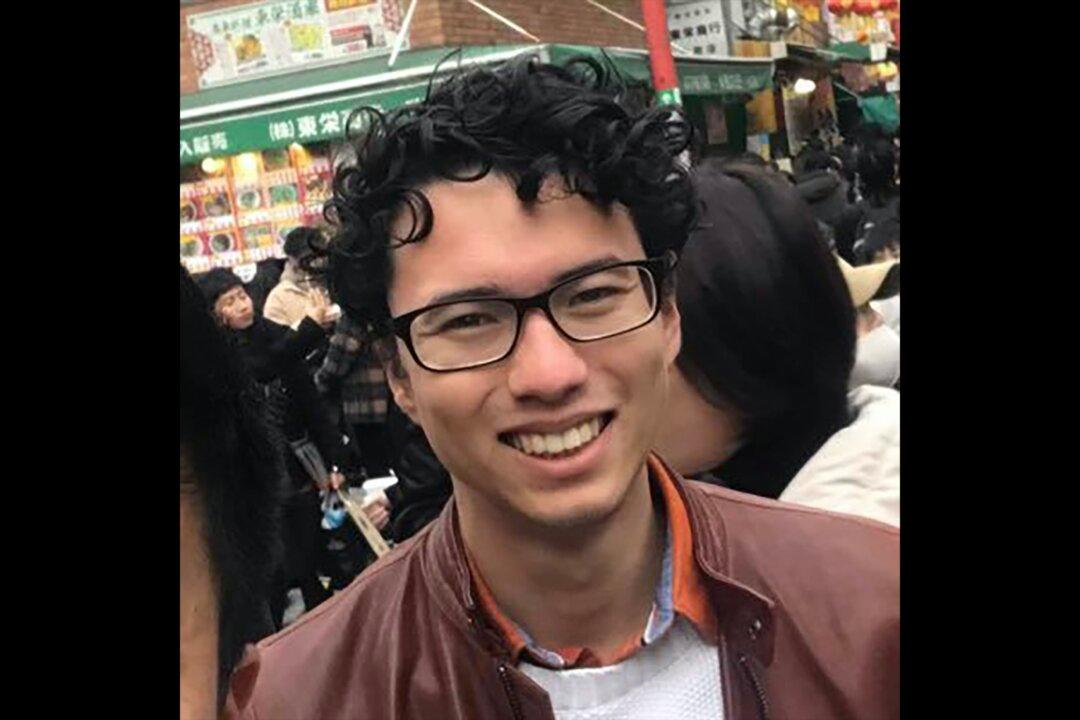An Australian student says he was made to sit on a plastic chair for 20 hours after being detained by Hong Kong police, as Beijing approved strict new national security laws for the semi-autonomous city.
Kai Clark, an Asian studies major at the Australian National University, was arrested for unlawful assembly in Hong Kong on May 28 and taken to Aberdeen police station.





